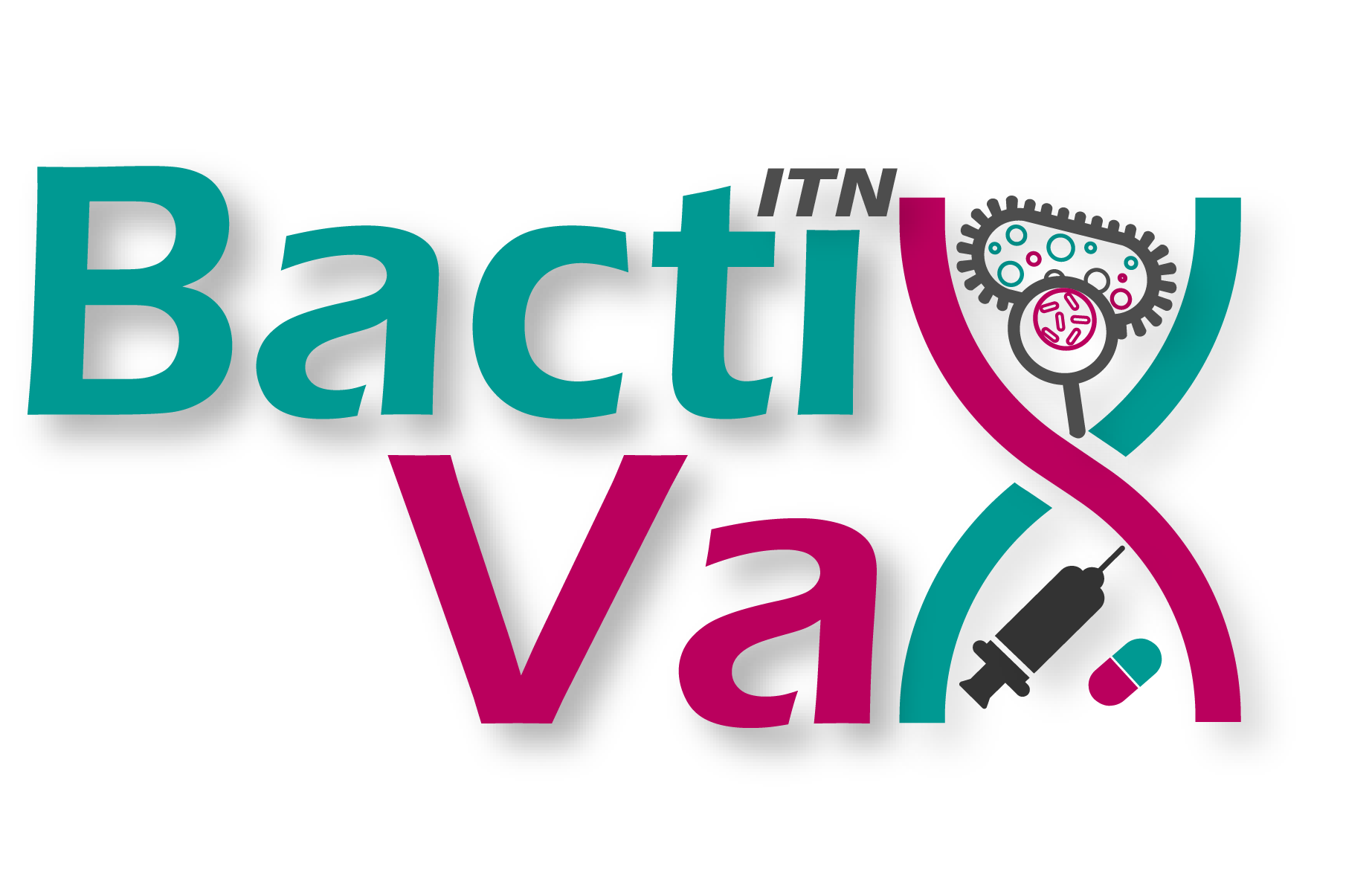WP1: Identification of innovative vaccine antigens
This WP is led by Dr. Rita Berisio at the Institute of Biostructures and Bioimaging (IBB) of the National Research Council (CNR) and focuses on addressing the current lack of effective vaccines against AMR pathogens such as Mycobacterium tuberculosis, P. aeruginosa, Burkholderia, Staphylococci, etc. Our research will include the identification, shortlisting and optimisation of efficacious vaccine antigens for target infections; the expression and purification of antigens at pilot scale; the structural characterisation of antigens; and the pre-clinical efficacy testing. We have 5 projects under WP1:
ESR1: Exploiting an innovative proteomic approach for novel P. aeruginosa vaccine antigen identification (University College Dublin).
ESR2: Novel glycoprotein vaccination to fight Burkholderia infections globally (Queen’s Univesity Belfast).
ESR3: Vaccine antigen identification against systemic infections (Ludwig Maximillians University Munich).
ESR4: Structural and functional characterisation of novel vaccine antigens (The Institute of Biostructures and Bioimaging of the National Research Council).
ESR8: Production and characterisation of fusion protein antigens with a focus on increased solubility for large membrane proteins (LIONEX).
WP2: Elucidation of host response to enable more effective vaccines
To achieve long-lasting protection, the response elicited by a vaccine must reflect responses that occur in vivo to protect an individual from the infection. Under the coordination Prof. Jesús Jiménez-Barbero and Prof. Juan Anguita in CIC bioGUNE, the research undertaken within WP2 will look into different facets of host response to vaccines, such as the elucidation of interactions between epitopes and receptors and the development of a panel of biomarkers to monitor protective host response. We will also investigate the development of TLR-directed adjuvants to maximise protection and the evaluation of novel adjuvants to enhance protection against pathogens. We have 5 research projects under WP5:
ESR5: NMR molecular recognition of antigens by key receptors (CIC bioGUNE, Center for Cooperative Research in Biosciences).
ESR6: Development of Toll-Like Receptor-directed adjuvants and incorporation in innovative vaccine formulations (University of Milano Bicocca).
ESR7: Elucidation of the host response to facilitate more effective vaccines (CIC bioGUNE).
ESR9: Optimisation of host response and T-cell targeting (Imperial College London).
ESR15: Development of in vitro immune monitoring for candidate vaccines and identification of correlates of protection (ImmunXperts).
WP3: Optimisation of vaccine delivery
Optimal vaccine delivery is essential to stimulate an effective protective response. Respiratory pathogens, for example, colonise via the airways, therefore, mucosal vaccine delivery offers better protection against respiratory pathogens. Under the coordination of Dr. Rajko Reljic at St. George’s University of London, the research undertaken within WP3 aims to identify the ideal delivery systems for prophylactic and therapeutic vaccines. We’ll also look into the identification of mucosal responses and the evaluation of peptide-based vaccines. 5 of our projects will focus on vaccine delivery:
ESR10: Post-exposure vaccination against multi-drug resistant tuberculosis (St. George’s University of London).
ESR11: Bicyclic peptide vaccine antigens (École Polytechnique Fédérale de Lausanne).
ESR12: Optimisation of adjuvants for therapeutic vaccinations against respiratory infections (University College Dublin).
ESR13: Nanocapsulated peptide-based immunotherapeutics (Eötvös Loránd University).
ESR14: Development of a therapeutic vaccine against P. aeruginosa (Ludwig Maximillians University).
WP4: Vaccine advocacy, communication and public engagement
Our team will be involved in raising awareness of vaccine research in the general public and will promote the importance of vaccination via educational events, informative sessions and social media campaigns. The consortium members have been actively engaged in running science activities for various age groups, such as science schools (for pupils), Europe Researcher’s Night, Irish Science Week and Pint of Science (running in Ireland, UK, Spain, Germany and Italy every May). Our Early Stage Researchers will be involved in all these initiatives and will organise events to highlight the benefits of immunisation for World Immunisation Week, running every year in April. Make sure to follow us on Twitter, LinkedIn and Instagram to find out what we’re up to!






